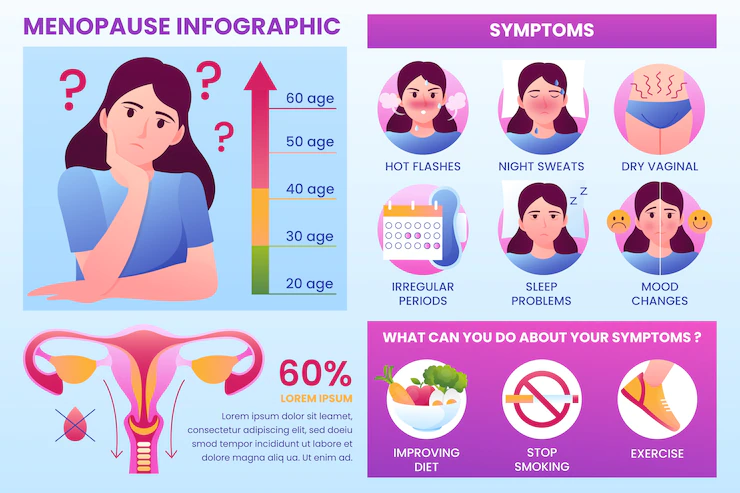
Pregnancy is the period through which one or more offspring (gestates) develop inside a woman’s womb. Multiple pregnancies produce more than one child, such as twins. Pregnancy is usually caused by sexual contact, but it can also be caused by fertility preservation procedures. A pregnancy can result in a live birth, a spontaneous miscarriage, an induced abortion (induced miscarriage), or a stillbirth. Childbirth usually occurs 40 weeks after the start of the last menstrual period (LMP), a period is known as the gestational age. This is a little more than nine months. The length is approximately 38 weeks when measured by fertilization age.
At the first antenatal visit, Your whole medical history will be gathered at your first prenatal consultation, the dates of your pregnancy will be determined, and different testing, including ultrasounds, will be discussed. All women should have their weight and height measured, as well as their BMI calculated. Consider ethnic distinctions. Guide appropriate gestational weight gain. All pregnant women should receive information on diet and lifestyle, including nutrient supplements, weight management, and regular physical activity. Obese women and their children should be informed about the risks of obesity and excess gestational weight gain in pregnancy, childbirth, and long-term health, including the risk of non-communicable diseases. All antenatal care facilities should have well-defined multidisciplinary pathways for the clinical management of obese pregnant women, including the identification and treatment of pregnancy-related complications.
To avoid spina bifida, I advise routine folate supplementation during the first trimester of pregnancy. There are several multivitamins on the market that include enough folate and other vitamins and minerals. I firmly believe that regular exercise during pregnancy and a healthy lifestyle are advantageous for the outcome of your pregnancy, labor, and delivery.
Inadequate or excessive weight gain during pregnancy can endanger the mother’s and fetus’s health. It is unclear which intervention is most effective for weight gain in underweight women. Being overweight during pregnancy increases the risk of complications for both mother and fetus, such as cesarean section, gestational hypertension, pre-eclampsia, macrosomia, and shoulder dystocia. Excessive weight gain can make it difficult to lose weight after the pregnancy. Some of these complications are stroke risk factors.
Basic tests (sometimes done by your GP)
A urine culture, a complete blood count, blood type and antibodies, syphilis, rubella (German measles), hepatitis B and C, HIV, and the results of a hepatitis test.
It is not required, but some general practitioners may test for varicella (chickenpox), toxoplasmosis, parvovirus, and cytomegalovirus right away.
Ultrasound of the first trimester
An ultrasound during the first trimester is advised to establish the pregnancy’s dates, especially if there is any doubt regarding the timing of the menstrual cycle.
Examining for other chromosomal issues and Down’s syndrome
Between 11 and 14 weeks, this is typically done with a blood test and nuchal translucency ultrasound. An accredited facility must perform ultrasonography. At your initial appointment, the benefits and drawbacks of screening for certain illnesses will be reviewed. Numerous pathology businesses now offer NIPT (Non-invasive Prenatal Testing).
Ultrasound Morphology
This standard ultrasound, which is advised between weeks 18 and 20, looks at the baby’s anatomy and placenta. It must be carried out in a licensed ultrasonography facility. If you’d like, you can learn the gender of the baby during this ultrasound.


Gestational Diabetes
Women over the age of 35, who are overweight, and who have a family history of diabetes are more likely to develop diabetes during pregnancy. In this group of women, the results of childbirth may be more serious. I advise a screening test 20 weeks later.
